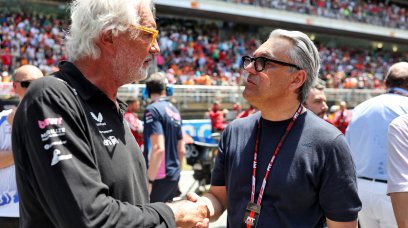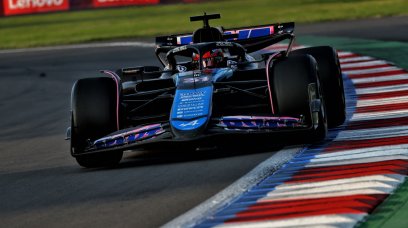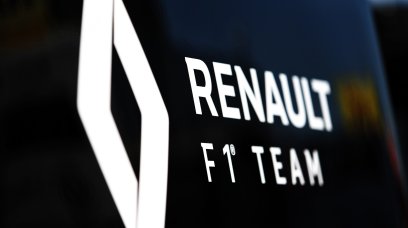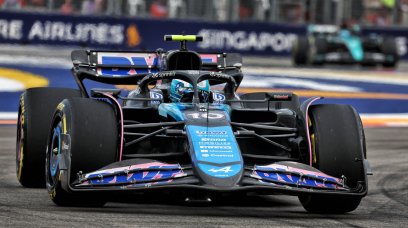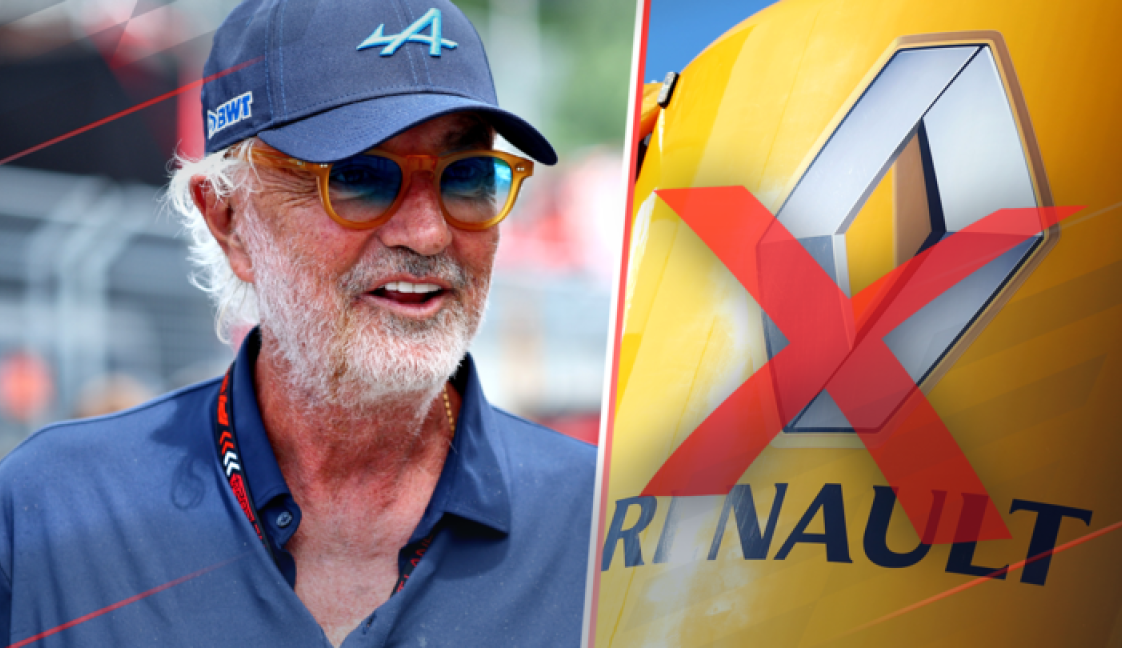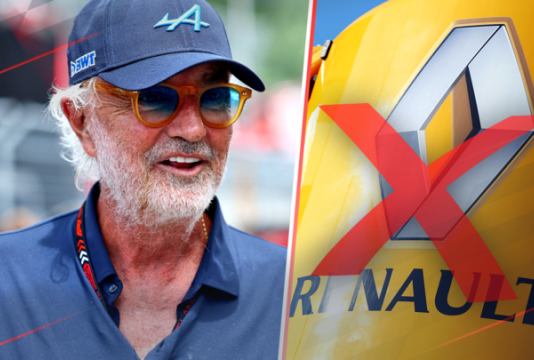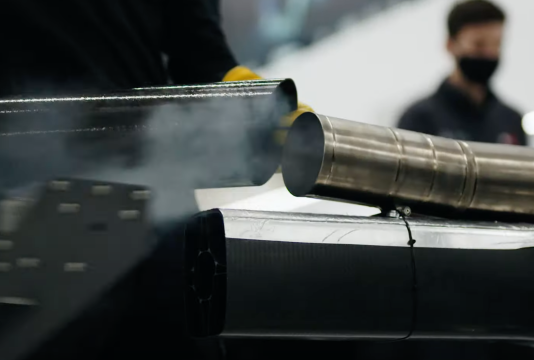Renault
While 2019 saw Renault finish fifth in the Constructors’ Championship, there is a sense of optimism surrounding the team as Esteban Ocon will be partnered by the returning Fernando Alonso to form one of the more interesting driver pairings on the grid.
History of Alpine F1 team
There’s no shortage of change at Renault for the 2021 season, with the French outfit rebranding itself as Alpine F1 Team to promote the French manufacturer’s sports car brand.
Alpine are no stranger to the sport, having previously tried to field a team back in the 1968 French Grand Prix, however a lack of horsepower saw Renault pull the plug on the project before it got off the ground.
Renault entered Formula 1 as a constructor in 1977 with the first regularly used turbo engine in the sport’s history. However, its poor reliability saw the car earn the nickname of “Yellow Teapot” after failing to finish any of its five races. The team won races and challenged for the world title and even brought future world champion Alain Prost into the fold but pulled out as a constructor after the 1985 season.
Instead the French manufacturer focused on supplying engines, taking a short leave before returning in 1989. Over the next few years they successfully partnered with Williams and then Benetton, helping the likes of Nigel Mansell, Prost, Michael Schumacher and Jacques Villeneuve to world titles.
Alonso ends Ferrari dominance
Renault purchased Benetton Formula Limited in 2000 but didn’t rebrand the team until 2002 with Jarno Trulli and Jenson Button at the wheel.
Success came a few years later with Alonso taking back-to-back titles in 2005 and 2006, beating out stiff competitors in Kimi Raikkonen and Schumacher to the crown, to end Ferrari’s stranglehold atop the grid. It would prove to be the high point of the constructors’ return, with the “Crashgate” incident involving Alonso and Nelson Piquet Jr. a low point for the team.
Formula 1 exit and return
The team scaled back its involvement in 2011, supplying only engines for Lotus Renault GP, before returning with a long-term project in 2016. Progress has been slow since then as Renault registered just eight points in their first season back, while 2018 saw Nico Hulkenberg and Carlos Sainz Jr. lead the team to a fourth place finish with 122 points.
Daniel Ricciardo was brought in to partner Hulkenberg in 2019, but reliability issues plagued the team as they fell behind McLaren in the chase to lead the middle of the pack. Esteban Ocon replaced Hulkenerg for 2020 and results improved, as the team finished fourth and fifth at the Belgian Grand Prix, their most ever as a constructor in a single race. Ricciardo added to that success with a third place finish at the Eifel Grand Prix, the first podium for the team since Malaysia 2011.
In the end the team would finish the season with three podiums while almost doubling their points tally, a welcome return for a team looking to once again establish itself at the top of the sport.
While Ocon will once again line-up in the number 31 car, gone is Ricciardo after the Australian opted to leave for McLaren despite a stellar second campaign with the team. Replacing him is the man that brought so much success to the team in the mid 2000s, Fernando Alonso, after a two-year sabbatical.
History as an engine supplier
Throughout the years Renault have supplied several teams with engines, starting with Lotus, Ligier and Tyrrell in the 1980s. Lotus had the most success, winning five races from 1983 to 1986.
Williams brought in Renault engines in 1989 and it kickstarted a hugely successful period for the team, as the team won 64 races along with the Driver's Championship in 1992, 1993 and 1996 before the partnership was ended in 1997. Benetton also used Renault engines in 1995 as Michael Schumacher successfully defended his title. Williams and Benetton also won all the Constructors' titles from 1992 until 1997.
Renault also powered Red Bull from 2007 to 2015 as the team and Sebastian Vettel won four straight titles from 2010 to 2013. The team won 50 races over that time to go along with 53 poles.
Since then Renault have also provided engines for the like of Lotus, Caterham, Toro Rosso, McLaren and Williams.
Don't miss out on any of the Formula 1 action thanks to this handy 2026 F1 calendar that can be easily loaded into your smartphone or PC.
Download the calenderRenault news
